The Psychology of Home Staging: How it Influences Buyers
When it comes to selling a home, there’s much more to the process than just listing the property and waiting for buyers to come knocking on the front door. One of the most powerful tools in a seller’s arsenal is home staging. This strategic approach to presenting a property goes beyond arranging furniture and decorating—it taps into the psychology of potential buyers and influences their decision-making process.
As potential buyers walk through a home, they aren’t just evaluating the physical features; they are also experiencing an emotional journey. A well-staged home can elicit positive emotions, create a sense of belonging, and help potential buyers envision their future life within the space. Let’s explore the psychological impact of well-staged homes buyers have and how it plays a crucial role in the home buying process.
Creating an Emotional Connection
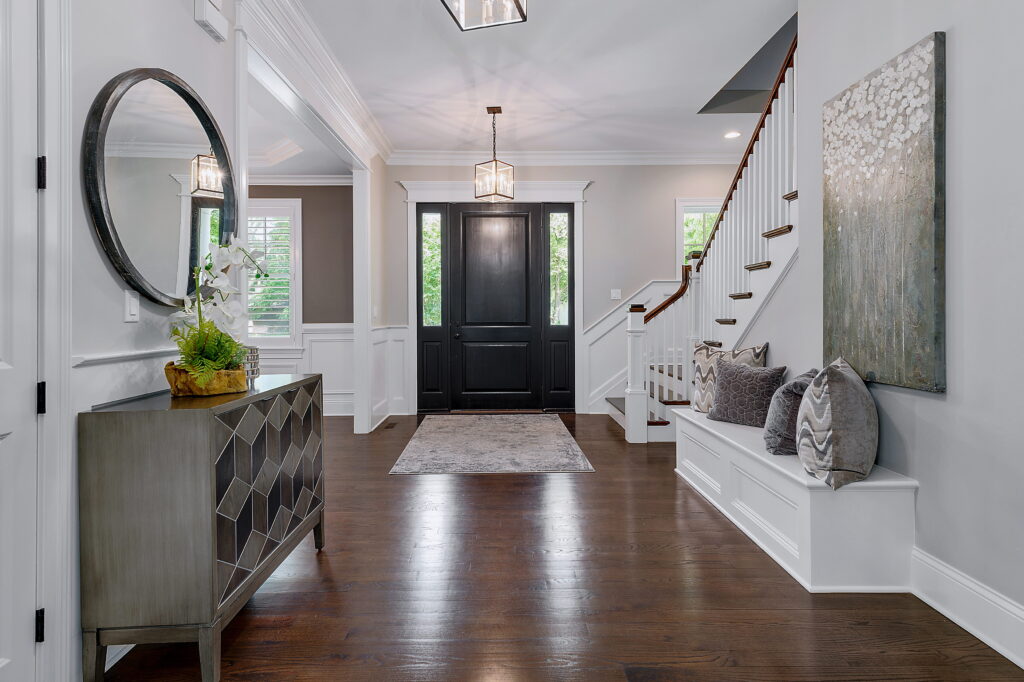
When prospective buyers walk into a well-staged home, they often experience a sense of warmth and emotional connection. This immediate positive response can significantly influence their perception of the property. A meticulously staged living room with plush sofas, warm lighting, and tasteful decor can make visitors feel comfortable and at ease. This emotional connection can be a game-changer in a buyer’s decision-making process.
Home staging helps potential buyers see the property as more than just a house; it becomes a place where they can imagine creating memories, sharing laughter with loved ones, and living out their dreams. Buyers are more likely to make an emotional connection with a staged home, increasing the likelihood of them making an offer.
Highlighting a Property’s Potential
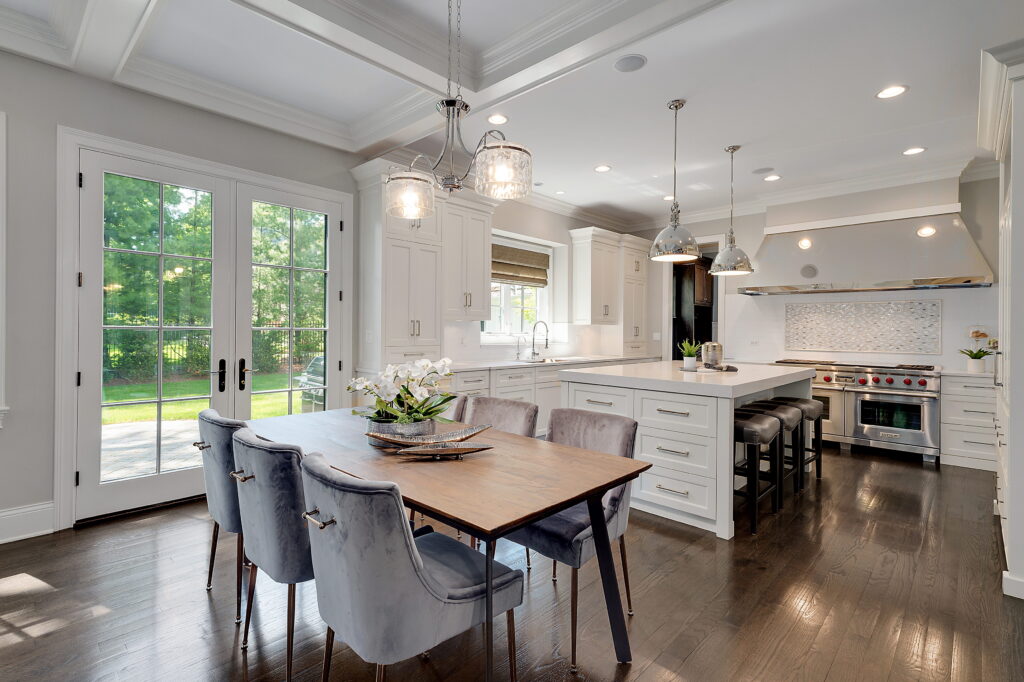
Home staging is not about disguising a home’s flaws; it’s about showcasing its potential. When buyers see a well-staged property, they can visualize themselves living there, which can be a powerful motivator. Staging helps buyers imagine the possibilities, whether it’s a cozy reading nook, a welcoming kitchen for family gatherings, or a tranquil backyard retreat.
By addressing the layout, flow, and functionality of the space, staging emphasizes how the property can meet the buyer’s needs and desires. This psychological aspect allows potential buyers to focus on what they love about the home, rather than its limitations, making them more likely to overlook minor imperfections.
Building Trust and Credibility
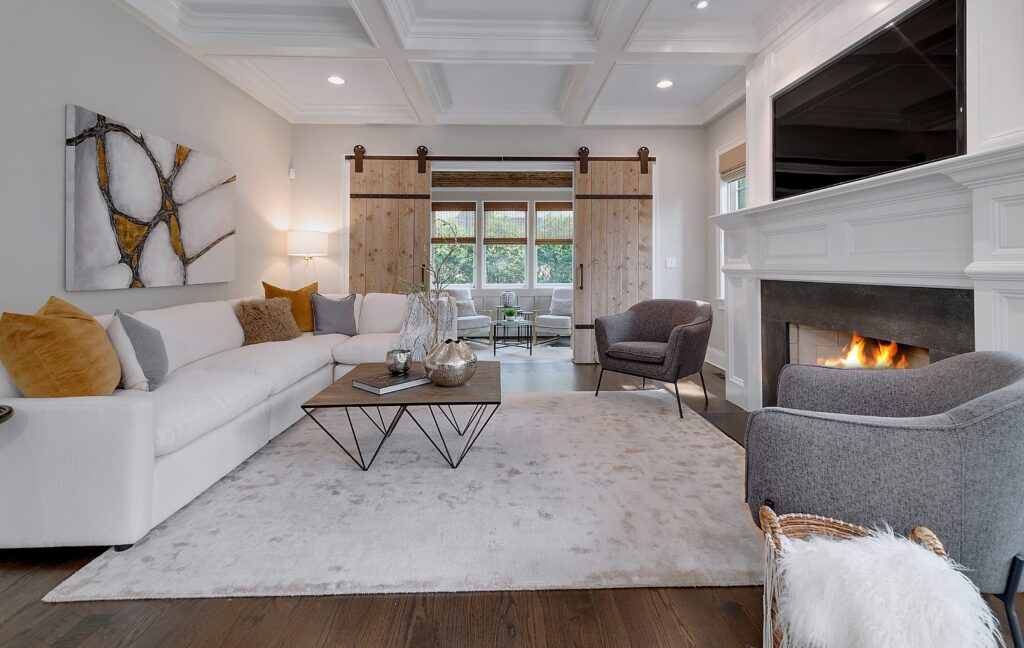
A well-staged home conveys a message of care and professionalism. When a property is immaculately presented, it signals to buyers that the seller is committed and trustworthy. This can have a significant impact on a buyer’s decision-making process.
Buyers are more likely to trust the seller’s representations and have confidence in the condition of the property when they see a well-staged home. It helps remove doubts and uncertainties that may otherwise arise during the home buying process. Trust and credibility are essential psychological factors that can influence a buyer to move forward with an offer.
Enhancing Perceived Value
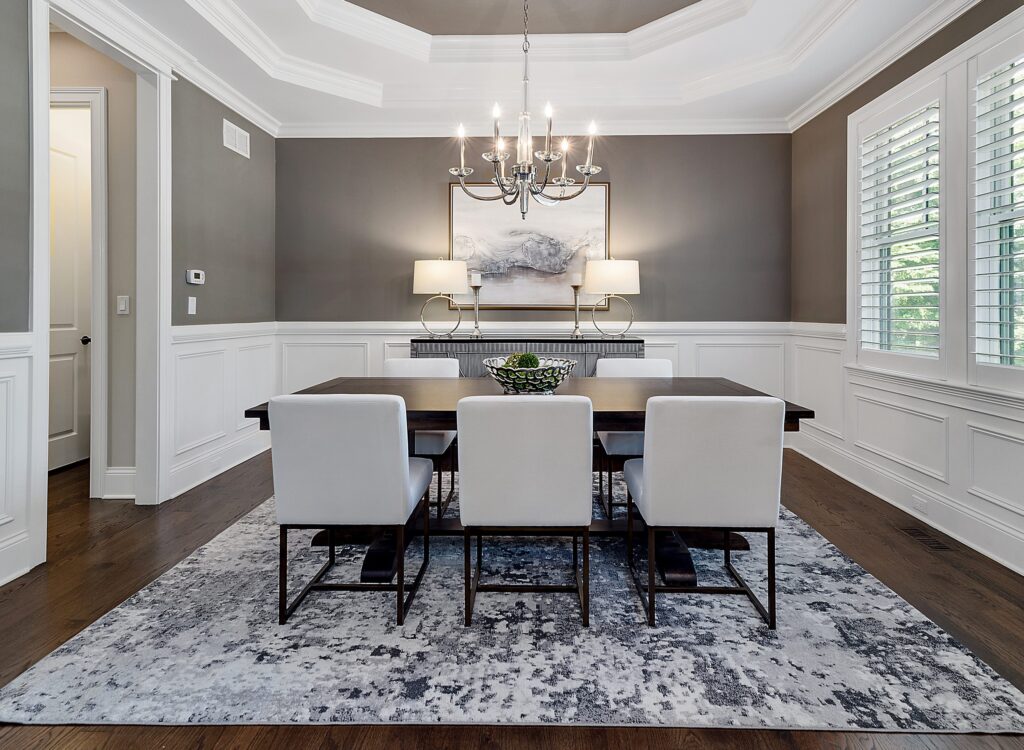
Perceived value is a key psychological aspect of home buying. When a property is staged to perfection, buyers often perceive it as more valuable, even if the listing price remains the same. Staging can make a property feel exclusive and worth the asking price.
Buyers tend to focus on the positive aspects of a well-staged home, such as the quality of the finishes, the attention to detail, and the overall appeal. This perceived value can influence buyers to view the property as an investment rather than just a purchase, which is a powerful motivator for them to take action.
Simplifying Decision-Making
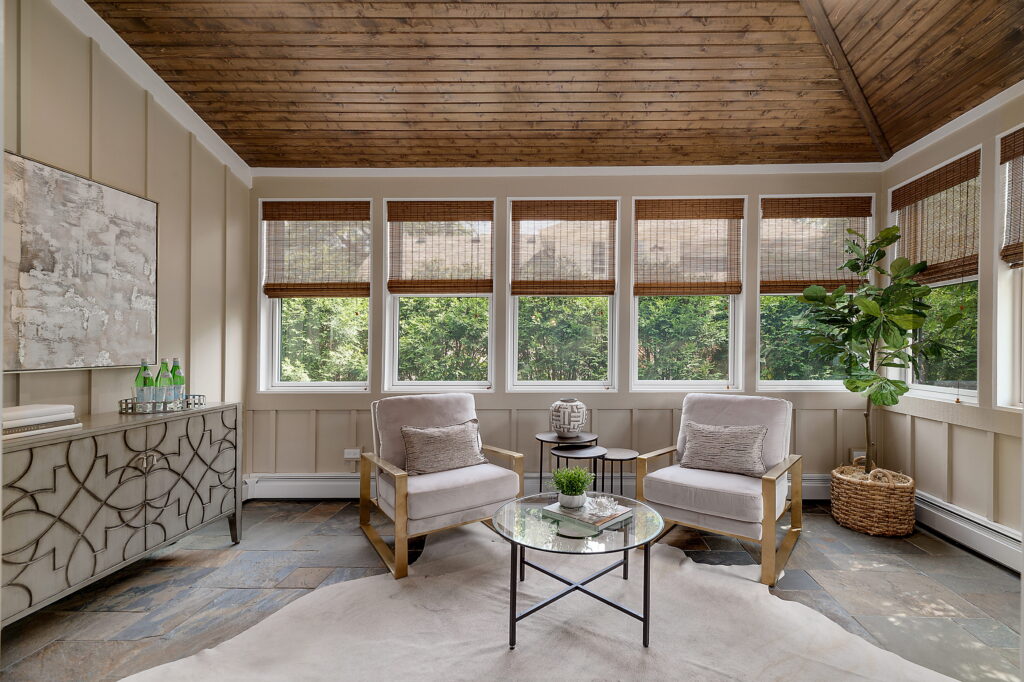
The home buying process can be overwhelming, with buyers comparing numerous properties and weighing various factors. Well-staged homes simplify the decision-making process by providing a clear and attractive vision of what life could be like in the property. When the space is organized, decluttered, and thoughtfully designed, buyers can make quicker and more confident decisions.
Buyers are more likely to feel at ease and in control when they can easily picture themselves living in a staged home. The absence of distractions and the presence of a harmonious design can help them focus on the key aspects of the property, making the decision-making process less daunting.
Creating a Competitive Advantage
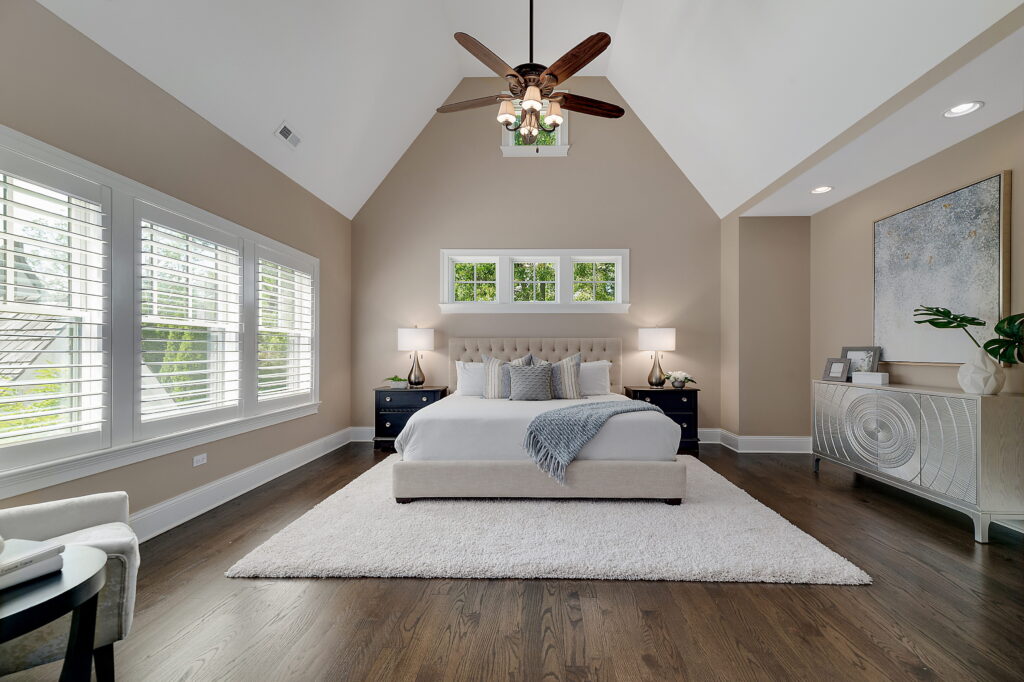
In a competitive real estate market, having a staged home can give sellers a significant advantage. When buyers are presented with multiple options, a well-staged property stands out and captures their attention. The psychological impact is clear: a staged home is memorable and leaves a lasting impression.
Staging not only helps a property stand out but also allows it to be more easily shared and discussed among potential buyers and real estate professionals. This increased visibility can lead to more showings, offers, and ultimately a quicker sale.
Reducing the Buyer’s Effort
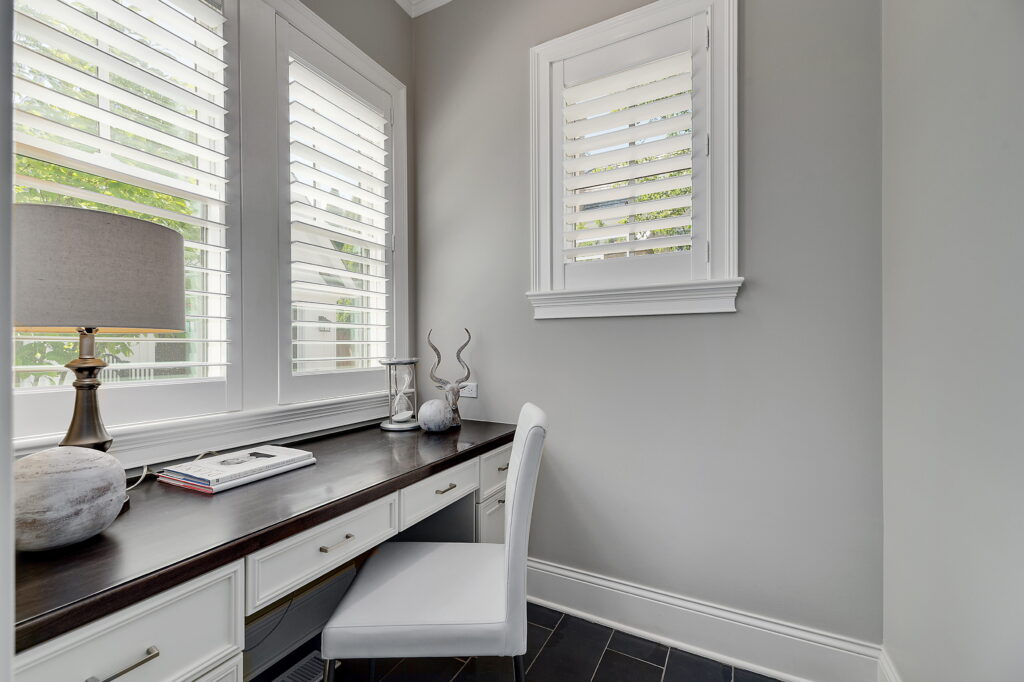
Buyers are more likely to make a purchase when the process is made as effortless as possible. A staged home reduces the effort required from buyers to imagine how the space can be used. The layout, flow, and functionality are already demonstrated, making it easier for buyers to picture their life in the property.
Reducing the buyer’s cognitive load allows them to focus on the emotional aspects of the home and its fit with their lifestyle, ultimately expediting their decision-making process.
Need help getting your property prepared for sale? Contact our team at Chicagoland Home Staging to schedule a home staging consultation today and influence your potential buyers walking through the door to make an offer quickly.




